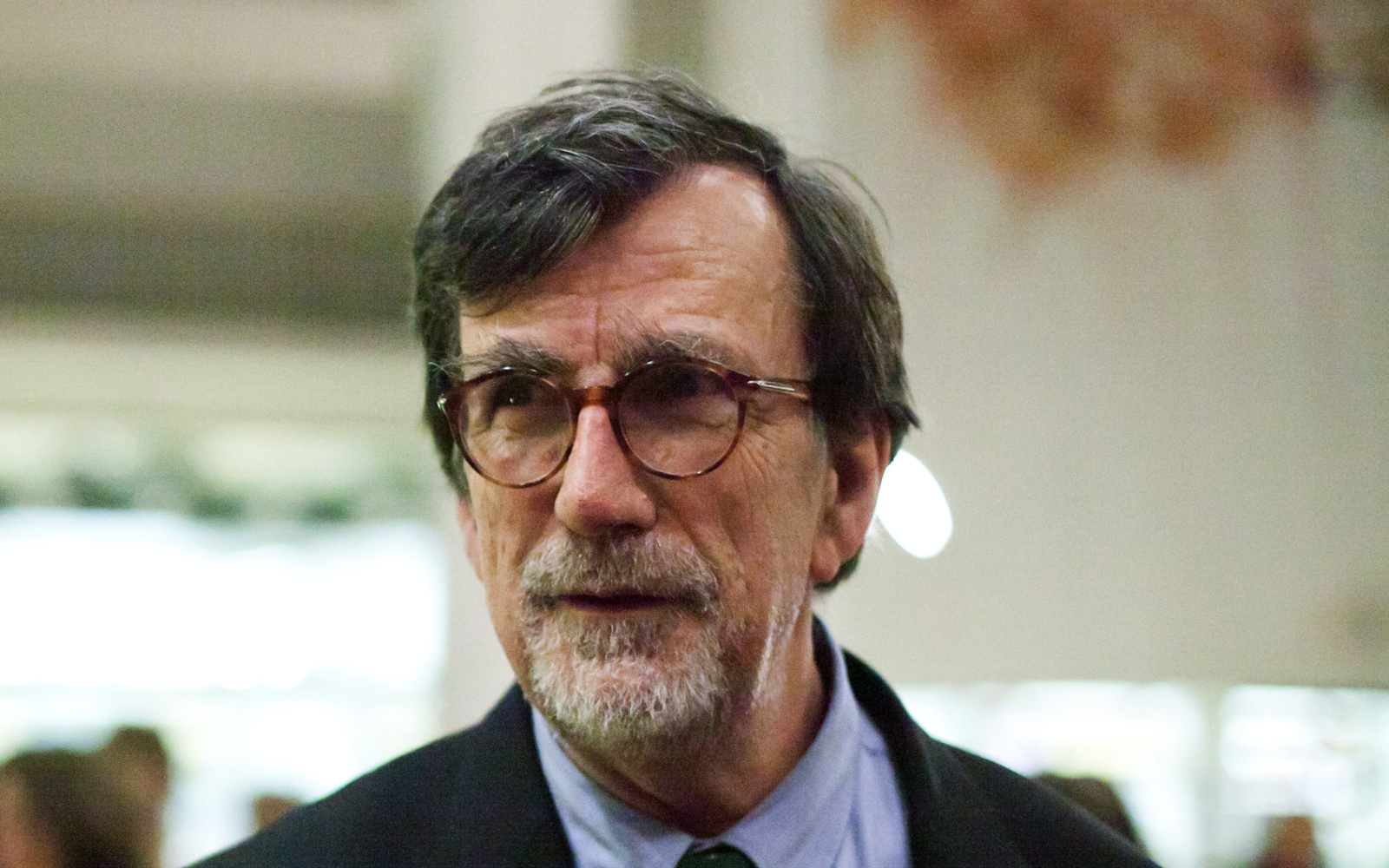Down to Earth- Anthropocene Lecture
A screening of Bruno Latour‘s »Anthropocene Lecture«
Sat, May 23, 2020 6:00 pm CEST
- Location
- Online
In this lecture Bruno Latour looks at the geopolitical conditions in the present and the distant past which have and have had the greatest influence on complex political and social phenomena worldwide. At the center of these events is climate change and this raises the question of how we can regain terra firma under our feet in the present situation.
To find orientation in the landscape of the new climate regime is what Bruno Latour discusses in his »Anthropocene Lecture«, which the French philosopher of science and sociologist held in 2018 at the Haus der Kulturen der Welt. A new epoch demands new terminology as the world is comprehended through language. Thus Latour proposes the term »the terrestrial« to describe and render linguistically graspable the thin layer on the Earth’s surface, the Critical Zone, in which life and development within the Earth can be observed.
»I have no name for it. I don’t want to call it the Earth too fast, I don’t want to call it nature too fast. […] I call it the terrestrial. The terrestrial is a sort of new entity which is claiming to have attention. And we don’t know how to do it because we are still in the old modernizing factor so to speak […]. And the difficulty of every politics of the climate […], every question around how come that we don’t have the articulated efficient politics to deal with the climate is we don’t know how to orient ourselves to […] the terrestrial.«
Focusing specifically on critical zones, Latour looked around and drew on the work of scientists Lynn Margulis and James Lovelock, amongst others, for his own theory. Margulis and Lovelock developed the Gaia Hypothesis in the mid-1970s, which proposes that the Earth is a synergistic and self-regulating system. Bruno Latour takes up this idea and expands it:
»[A] very simple argument is that nothing what happens in this room in terms of the chemical atmosphere is understandable without life having produced it. So life is not in an environment, life is producing its own environment, and life is what has actually made this environment possible.«
The lecture will be conducted in English without subtitles.
